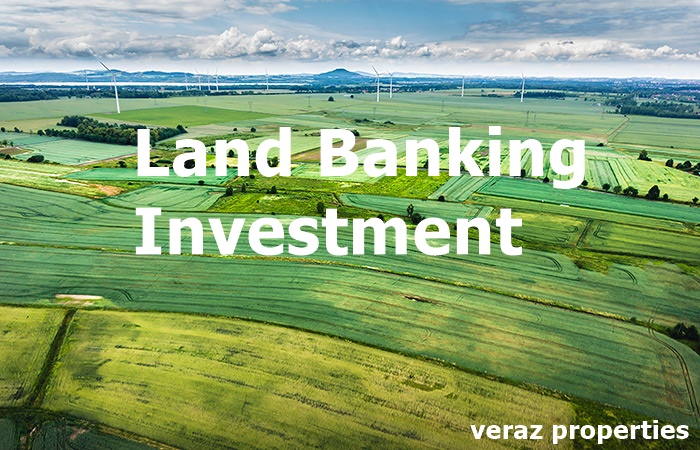
Land banking is the investment practice of acquiring land to hold it for a period of time and then reselling it at a profit. It is a long-term investment strategy that can be very lucrative, but it is also important to understand the risks involved.
In Nigeria, land banking investment is becoming increasingly popular as a way to invest in the country’s growing real estate market. As the population grows and urbanization increases, the demand for land is expected to continue to rise. This is creating new opportunities for land bankers to make significant profits.
In the ever-evolving real estate investment opportunities, land banking has emerged as a lucrative avenue for individuals looking to diversify their portfolios in real estate in Nigeria. As urbanization continues to expand, land demand is rising, making it a valuable and sought-after asset. This rise in demand has created an ideal environment for land banking, where investors purchase undeveloped land to hold onto it for future development or resale.
Investing in land banking offers numerous benefits. Not only does it provide potential capital appreciation, but it also serves as a hedge against inflation and currency devaluation. Additionally, land banking allows investors to capitalize on opportunities in the real estate market without the management and maintenance responsibilities associated with developed properties. Land banking is a good way to diversify your investment portfolio and reduce your overall risk
Investing in land in Nigeria requires careful research and due diligence. Investors should consider factors such as location, zoning, infrastructure development, price, the goal of the investor and regulatory frameworks before committing to any land acquisition.
Before you go into Land banking as an investor, you must conduct adequate research of the piece of land you are investing in. This includes understanding the location, the zoning, and the potential for development. You should also research the prices of similar properties in the area. Once that is done, negotiate with the owner for the price and make payment. Once you have agreed to purchase a property, it is important to get the proper document for the land. This includes a sales contract and a deed. You should also register the property with the appropriate government agencies.
Land banking is a long-term investment strategy. It is important to be prepared to hold the property for several years before reselling it. This will give the land time to appreciate.
Below are some of the risks associated with land banking investment
In conclusion, despite the risks involved in land banking, land banking can be a very rewarding investment strategy for those who are willing to do their research and invest for the long term. Are you an investor looking to where to invest? We encourage you to go into land banking investment.
For further enquiries
Call/ WhatsApp: 09054440156
Leave Your Comment